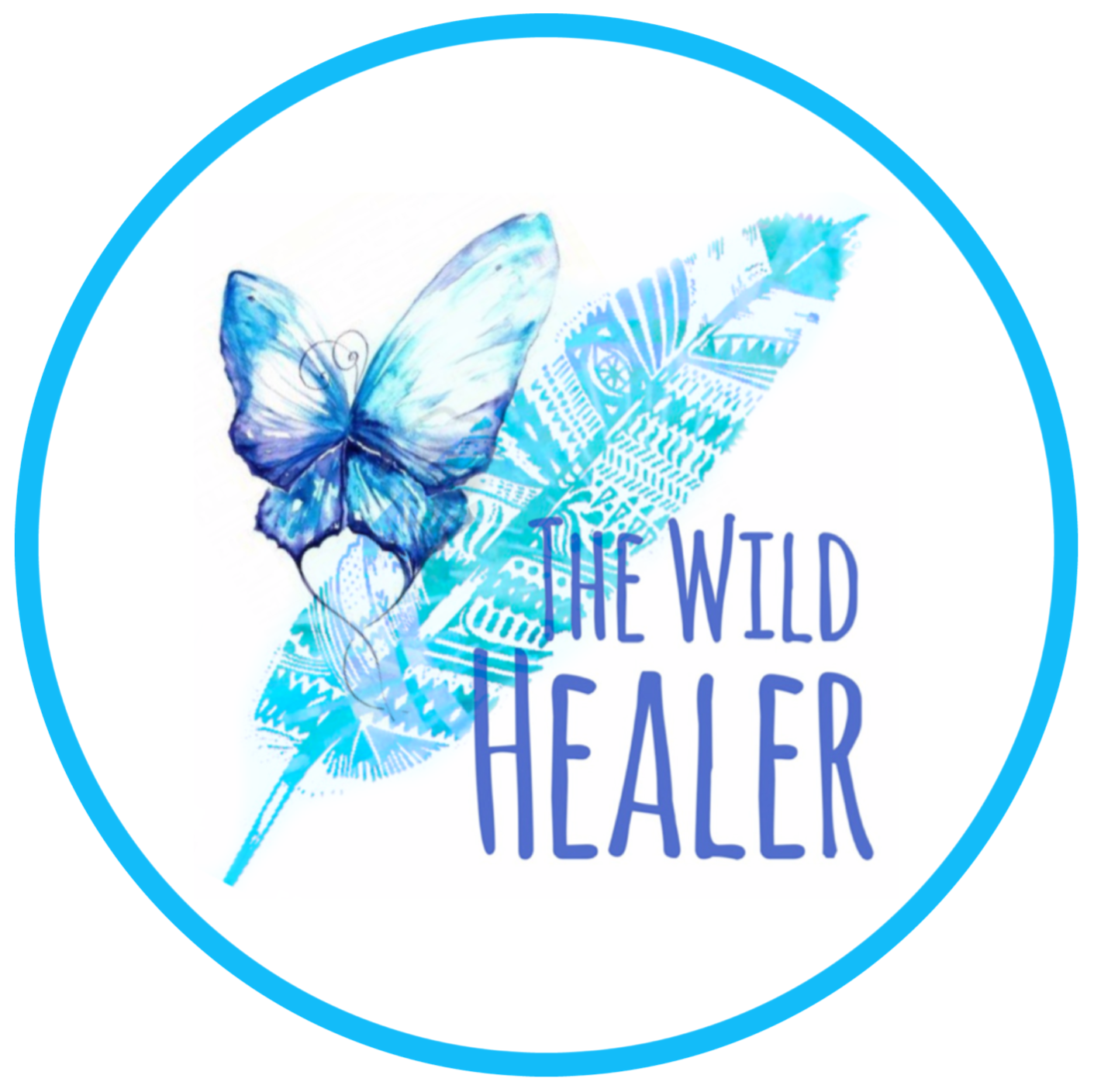The Exhaustion After Survival: Understanding Fatigue When Your Nervous System Begins to Heal
- The Wild Healer

- 6 days ago
- 3 min read
After a prolonged period of trauma or chronic stress, most people expect to feel better once the chaos stops, but what often comes instead is a wave of unexpected exhaustion. It can feel confusing, even frustrating, to finally be in a safer space and yet have no energy to enjoy it.
This isn’t just tiredness. It’s the kind of fatigue that feels woven into your bones. A heaviness that doesn’t lift with a nap or a weekend off. It’s your nervous system, slowly emerging from a state of survival, beginning to reset, and that process takes immense energy.
Why Healing Feels Like Fatigue
When you’ve been in survival mode, whether from trauma, toxic relationships, long-term stress, or even just relentless responsibility, your body adapts. It prioritizes short-term survival over long-term wellbeing. This means your system has likely been flooded with cortisol and adrenaline for months or even years. You’ve been running on emergency fuel.
Once the threat passes or lessens, your body finally gets the chance to shift gears, but it doesn’t do this instantly. It’s like a tightly wound spring beginning to uncoil. The nervous system starts to down-regulate. You might find yourself feeling unmotivated, needing more sleep, emotionally raw, or even physically weak. You may cry more easily, or feel unexplainably low. This is your body coming back online. It’s processing what it couldn’t before.
This kind of fatigue is not failure. It’s the sacred work of healing.
Signs Your Nervous System Is Resetting
• Feeling more tired than usual, even after rest
• Waking up exhausted or needing naps throughout the day
• Crying without an obvious trigger
• A heightened sensitivity to noise, light, or emotional stimuli
• Feeling emotionally “flat” or overwhelmed by the smallest tasks
• Having the urge to slow down, disconnect, or withdraw
All of these are signs that your system is detoxing from cortisol, resetting its baseline, and beginning to repair.
Encouraging the Healing Process: Nervous System Nourishment
While it’s important to honour the slowness, there are gentle ways to support your body through this phase. Think of them not as ways to speed things up, but as quiet invitations to soften, soothe, and re-regulate.
1. Create Safety Through Routine
A consistent rhythm tells your nervous system that the environment is safe now. Regular meals, a wind-down bedtime routine, soft mornings, and predictable rituals are incredibly regulating. Even something as simple as lighting a candle before journaling or brewing the same herbal tea each evening can offer powerful reassurance.
2. Move Gently
Cortisol detoxes through the lymphatic system and sweat. Gentle movement like walking, stretching, yoga, or even dancing in your kitchen can encourage this process without overwhelming your adrenals.
3. Prioritise Sleep (Without Shame)
You might need more sleep than usual right now, and that’s okay. Deep rest is how the body restores itself. Magnesium glycinate, warm baths, and switching off screens an hour before bed can help signal to your system that it’s safe to let go.
4. Support Through Nutrition
Support your body in clearing stress hormones by focusing on:
• Vitamin C (think oranges, kiwis, bell peppers)
• Magnesium (avocados, almonds, leafy greens)
• Adaptogens like ashwagandha or holy basil (tulsi) to support the adrenals
• Complex carbs to signal safety and regulate blood sugar
• Protein-rich meals to rebuild your reserves
Stay hydrated, too. Cortisol hangs around longer in a dehydrated system.
5. Practice Somatic Grounding
Healing trauma isn’t just cognitive, it’s deeply physical. Try placing one hand on your heart and one on your belly and breathing slowly. Or lie on the ground and feel the earth hold your weight. These practices tell your body: you are safe now.
6. Give Yourself Permission to Pause
You don’t have to “bounce back.” You’re not behind. Resting is the work. It’s okay to do less, to say no, to not be “on.” The world may not always understand this phase of healing, but your body does.
The fatigue you’re feeling isn’t a setback, it’s a sign that you are no longer in survival. Your body, for the first time in a long time, feels safe enough to start releasing the weight it’s been holding. That’s courageous. That’s profound.
Let yourself be soft in the unraveling. Rest is not a reward, it’s your birthright. Healing doesn’t always look like rising. Sometimes, it looks like melting. And that, too, is sacred.
—————————————————————
~ The Wild Healer ~
🌙💎 ONLINE STORE & SERVICES 🔮🌿
Celestial Reiki • Tarot Card Reading • Wayshower Support • Akashic Record Reading & Clearing • Fertility, Pregnancy and Postpartum Healing • Crystal Sound Bath • Animal Communication & Healing • Lessons Of The Light
—————————————————————







Commentaires